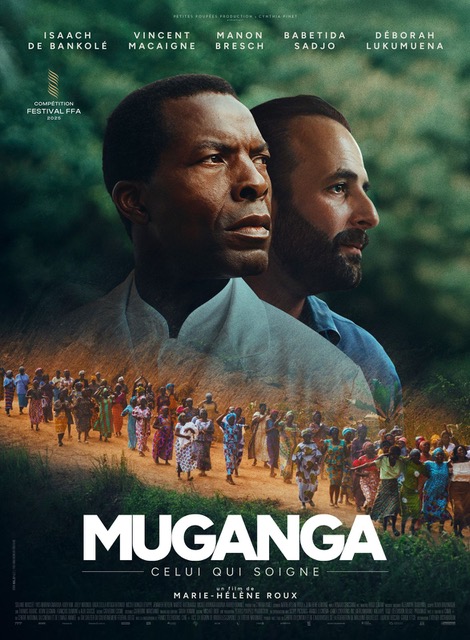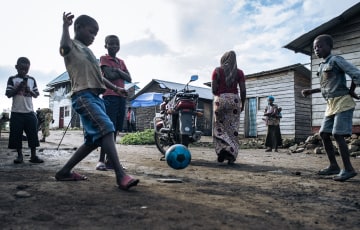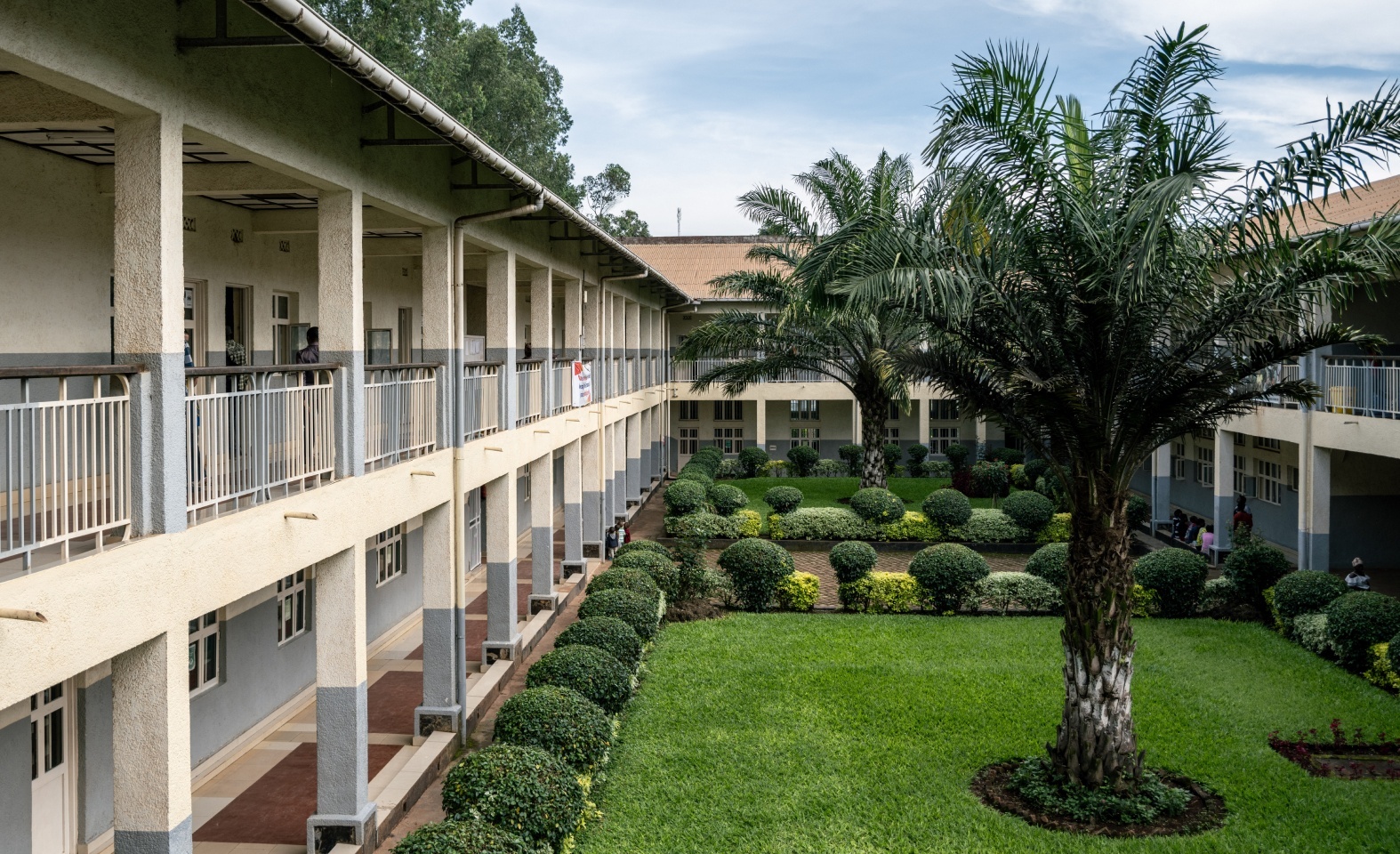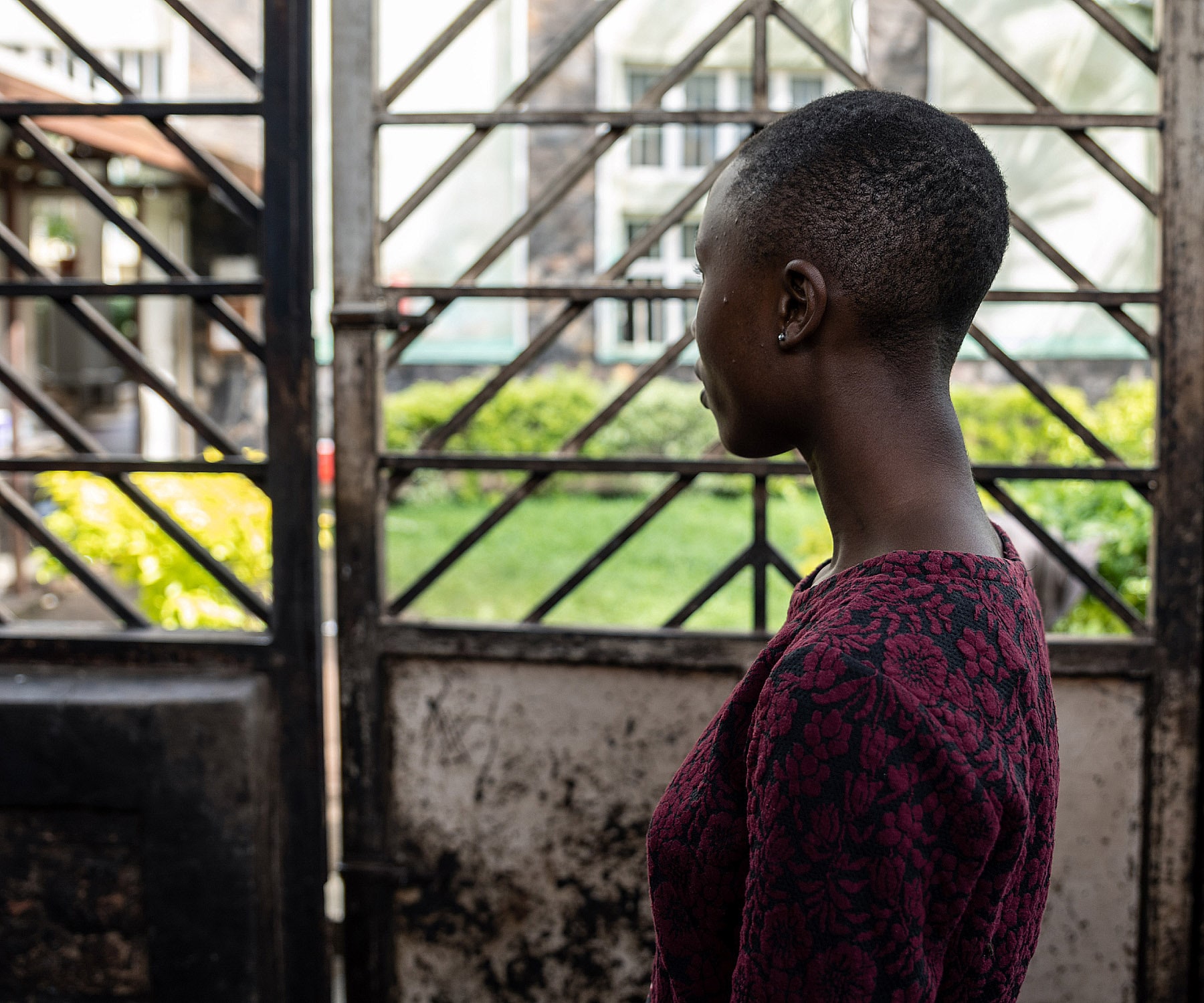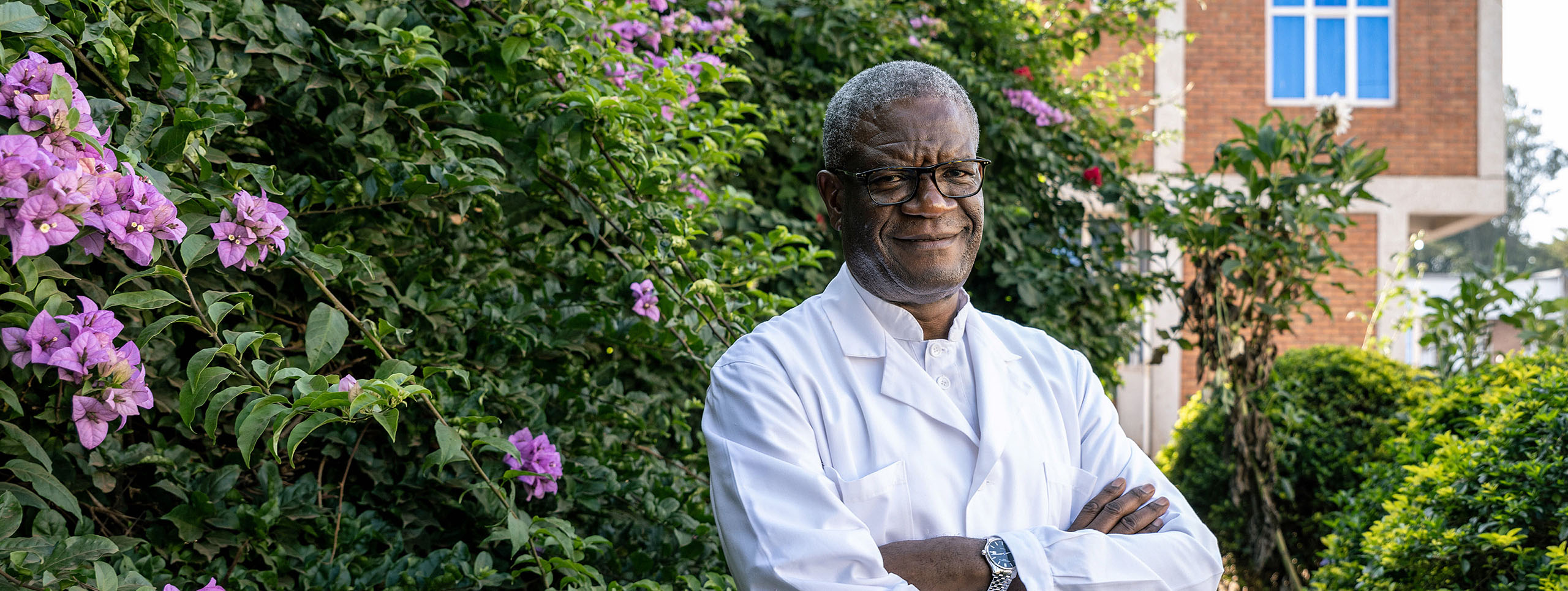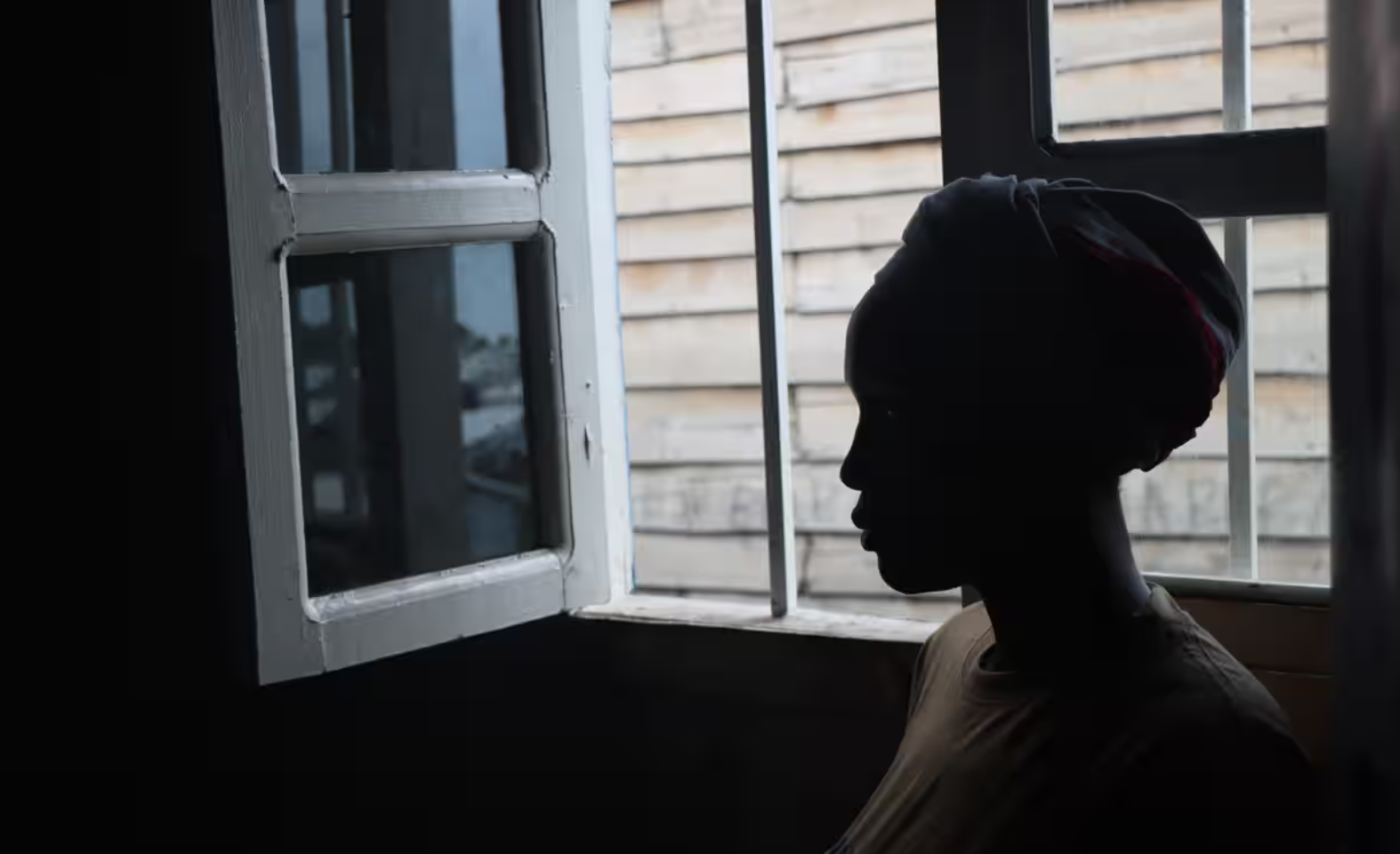Bukavu June 19, 2020 — Statement by Dr. Denis Mukwege on the International Day for the Elimination of Sexual Violence in Conflict
As we recognize the International Day for the Elimination of Sexual Violence in Conflict, we wish to recall first and foremost the seriousness of acts of sexual violence committed as a strategy of war, domination, and terror.
Such acts have serious and lasting consequences for the victims and affected communities, but also for society as a whole, as they cause the disintegration of the social fabric and undermine any prospect of sustainable development and peace.
This is a serious human tragedy—a crisis of our humanity that concerns us all! We must therefore combat and eliminate such violence by all means, and prevent bodies from being used as battlefields.
Today, our thoughts are with all survivors of sexual violence. To all those women and men who break the silence that their perpetrators often seek to impose on them, and who are speaking out with courage and determination to demand justice, truth, and reparations, such as the members of SEMA, the Global Network of Victims and Survivors to end wartime sexual violence.
On this day, we note recent progress.
The last G7 summit hosted by the French Presidency emphasized gender inequality and committed itself to the fight against sexual violence in times of peace, as well as in times of conflict. This commitment made by major economic powers recognizes that a prosperous world cannot be built without respecting women’s rights and benefiting from their full inclusion and added value.
Security Council Resolution 2467 adopted in April 2019 recognized the need for a survivor-centric approach to address and prevent sexual violence in conflict situations. It also emphasized the need for recognition and care of children born of rape and the need to strengthen accountability mechanisms for perpetrators and instigators of violence.
The establishment of the Global Survivor’s Fund was also a significant step forward. This fund is an innovative mechanism focused on survivors and their needs, and aims to address gaps in domestic and international justice through the development of restorative justice.
These advances should not overshadow the fact that the tragedy of sexual violence continues to prevail in all contexts of instability. We are thinking, of course, of war zones, but also of other crises—whether natural disasters or public health emergencies, as most recently evidenced by the COVID-19 pandemic. In these times of crisis, women are not only often exposed on the front line, but are also subject to an upsurge in violence and abuse.
Indeed, rape and sexual violence are increasingly widespread in all modern conflicts and, despite the recognition of acts of sexual violence as a constituent element of the most serious crimes, impunity remains the norm and justice is the exception.
Not only do these barbaric acts often go unpunished, but they also remain largely undocumented. It is in this context that we welcome today’s adoption of the Murad Code, which will aim to promote more ethical documentation. We trust that this code of conduct will guide investigators, researchers, and journalists towards more effective information-gathering about these crimes and more respect for the dignity and rights of survivors.
We take this International Day for the Elimination of Sexual Violence in Conflict as an opportunity to reaffirm the right of survivors to high-quality, holistic care to treat their physical and psychological suffering and to facilitate their socio-economic reintegration and free access to justice.
We believe that survivors are entitled not only to holistic care, but also to holistic justice: prosecution of perpetrators and instigators, reparations for victims and affected communities, truth-seeking mechanisms, and guarantees that these crimes will not be repeated for survivors and society. It is only by using all these transitional justice approaches that the impunity gap can be closed.
On the eve of the 20th anniversary of UN Security Council Resolution 1325 on Women, Peace and Security, it is time for survivors to have a place at the peace table where transitional justice initiatives are discussed, so that their voices are heard and that these justice processes in post-war and post-dictatorship societies finally respond to the needs and aspirations of victims.
Finally, we call on men and boys to fight alongside women and girls to build a new generation where gender equality, mutual respect, and harmonious gender complementarity will make it possible to put an end to sexual and gender-based violence once and for all, in times of conflict as well as in times of peace.
-Dr. Denis Mukwege
